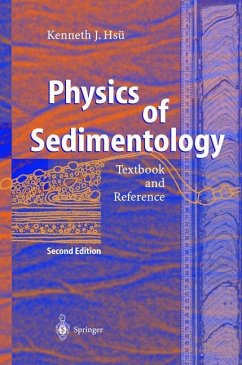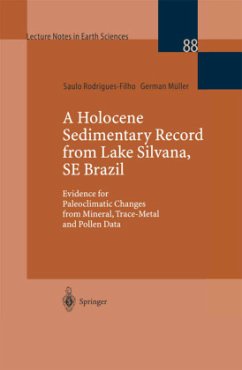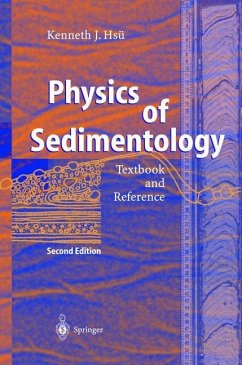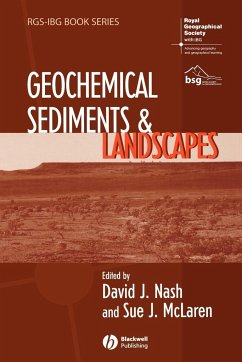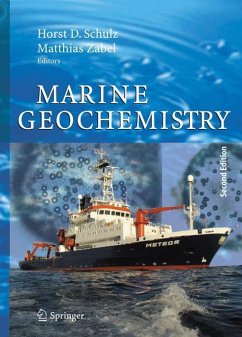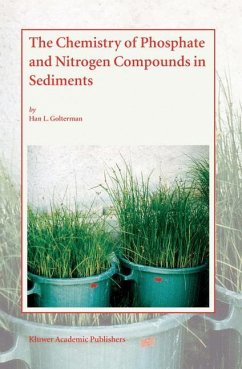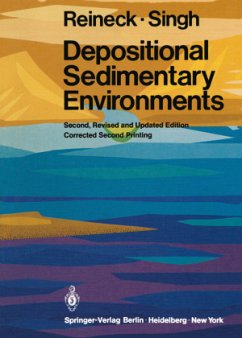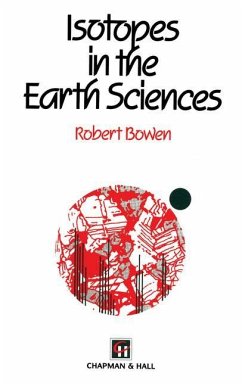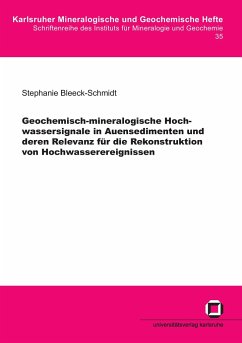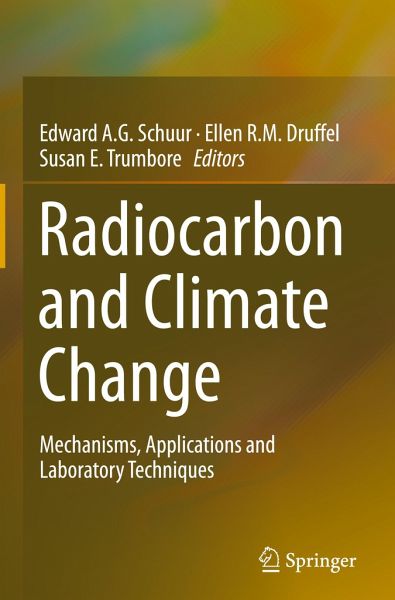
Radiocarbon and Climate Change
Mechanisms, Applications and Laboratory Techniques
Herausgegeben: Schuur, Edward A.G.; Druffel, Ellen R.M.; Trumbore, Susan E.

PAYBACK Punkte
61 °P sammeln!
This book is a useful guide for researchers in ecology and earth science interested in the use of accelerator mass spectrometry technology. The development of research in radiocarbon measurements offers an opportunity to address the human impact on global carbon cycling and climate change. Presenting radiocarbon theory, history, applications, and analytical techniques in one volume builds a broad outline of the field of radiocarbon and its emergent role in defining changes in the global carbon cycle and links to climate change.Each chapter presents both classic and cutting-edge studies from di...
This book is a useful guide for researchers in ecology and earth science interested in the use of accelerator mass spectrometry technology. The development of research in radiocarbon measurements offers an opportunity to address the human impact on global carbon cycling and climate change. Presenting radiocarbon theory, history, applications, and analytical techniques in one volume builds a broad outline of the field of radiocarbon and its emergent role in defining changes in the global carbon cycle and links to climate change.
Each chapter presents both classic and cutting-edge studies from different disciplines involving radiocarbon and carbon cycling. The book also includes a chapter on the history and discovery of radiocarbon, and advances in radiocarbon measurement techniques and radiocarbon theory. Understanding human alteration of the global carbon cycle and the link between atmospheric carbon dioxide levels and climate remains one of the foremost environmental problemsat the interface of ecology and earth system science. Many people are familiar with the terms 'global warming' and 'climate change', but fewer are able to articulate the science that support these hypotheses. This book addresses general questions such as: what is the link between the carbon cycle and climate change; what is the current evidence for the fate of carbon dioxide added by human activities to the atmosphere, and what has caused past changes in atmospheric carbon dioxide? How can the radiocarbon and stable isotopes of carbon combined with other tools be used for quantifying the human impact on the global carbon cycle?
Each chapter presents both classic and cutting-edge studies from different disciplines involving radiocarbon and carbon cycling. The book also includes a chapter on the history and discovery of radiocarbon, and advances in radiocarbon measurement techniques and radiocarbon theory. Understanding human alteration of the global carbon cycle and the link between atmospheric carbon dioxide levels and climate remains one of the foremost environmental problemsat the interface of ecology and earth system science. Many people are familiar with the terms 'global warming' and 'climate change', but fewer are able to articulate the science that support these hypotheses. This book addresses general questions such as: what is the link between the carbon cycle and climate change; what is the current evidence for the fate of carbon dioxide added by human activities to the atmosphere, and what has caused past changes in atmospheric carbon dioxide? How can the radiocarbon and stable isotopes of carbon combined with other tools be used for quantifying the human impact on the global carbon cycle?




